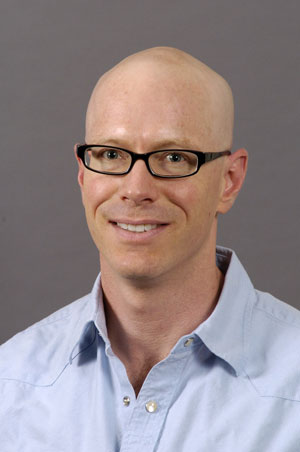Dickinson College
Faculty Profile
Cotten Seiler
Professor of American Studies (2002)Contact Information
Denny Hall
717-245-1027
Bio
My research and teaching focus on U.S. cultural and intellectual history, race, feminist and political theory, and infrastructure humanities. I am the author of Republic of Drivers: A Cultural History of Automobility in America (Chicago, 2008) and White Care: The Impact of Race on American Infrastructure (Chicago, 2026), and the editor of Transfers: Interdisciplinary Journal of Mobility Studies. My essays have appeared in journals such as American Quarterly, Public Culture, Social Text, Reviews in American History, American Historical Review, and History & Technology. I am a frequent media commentator on US politics, automobility, race, and infrastructure.
Education
- B.A., Northwestern University, 1990
- Ph.D., University of Kansas, 2002
